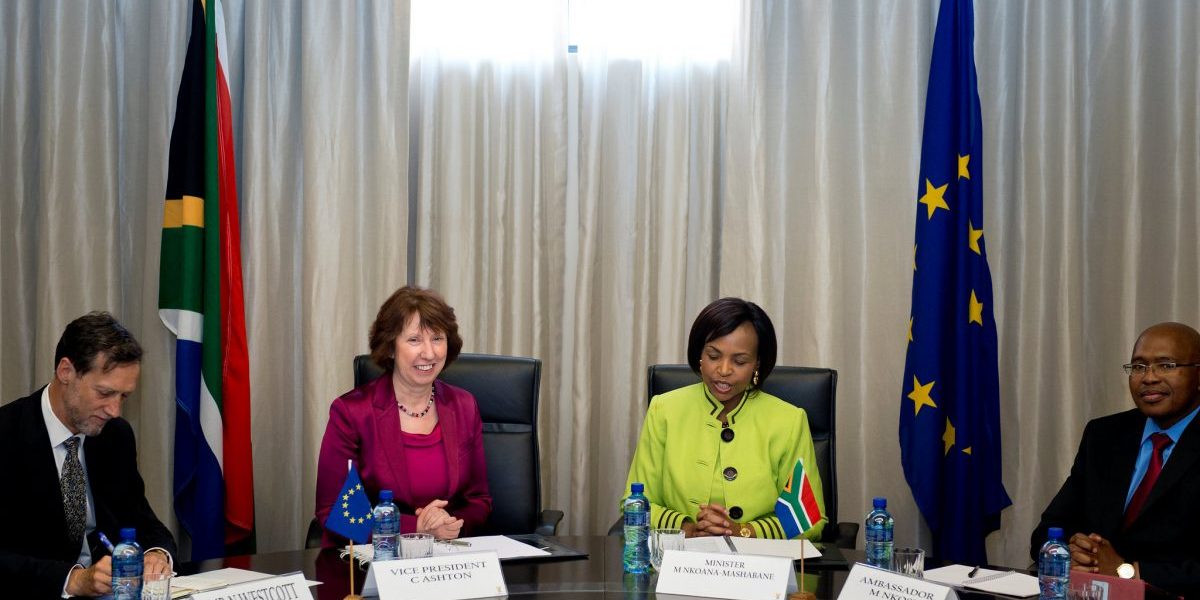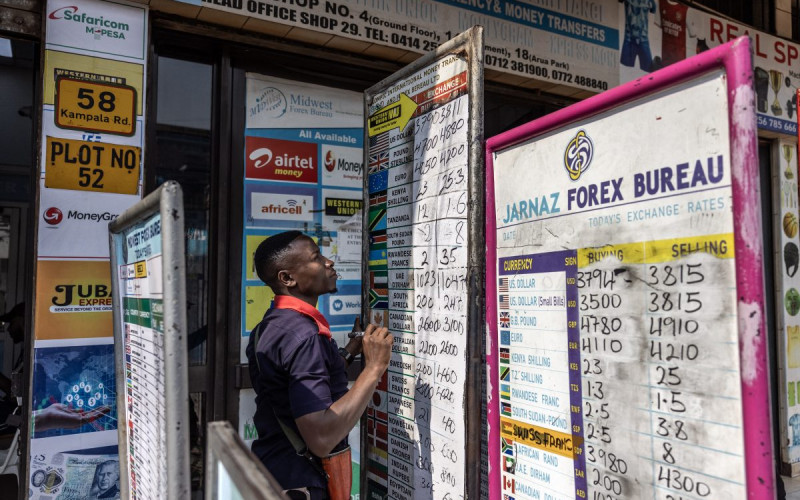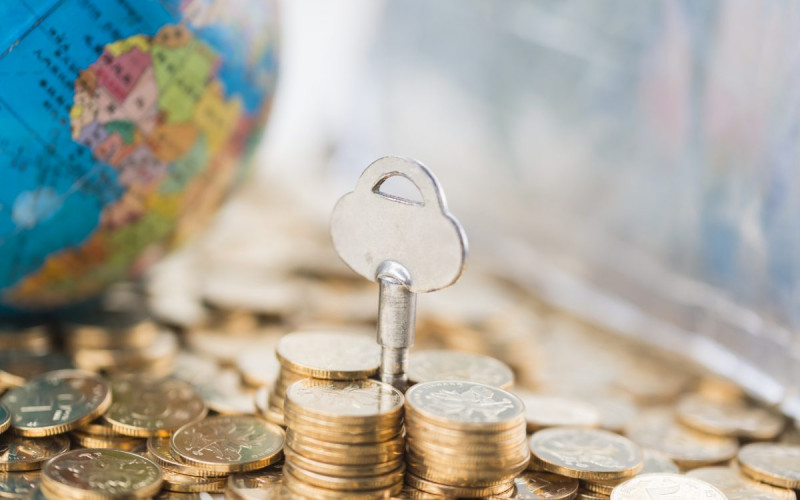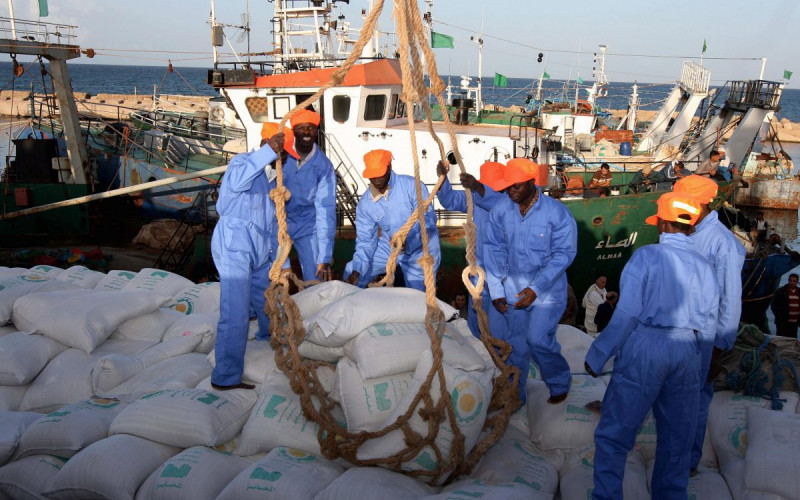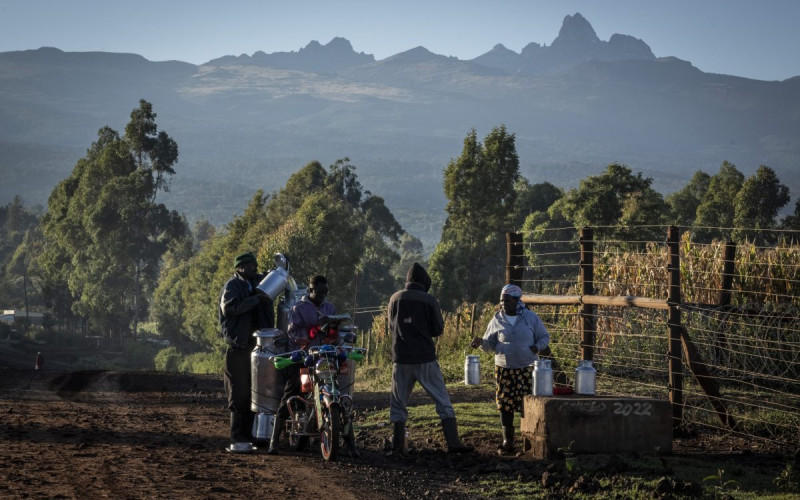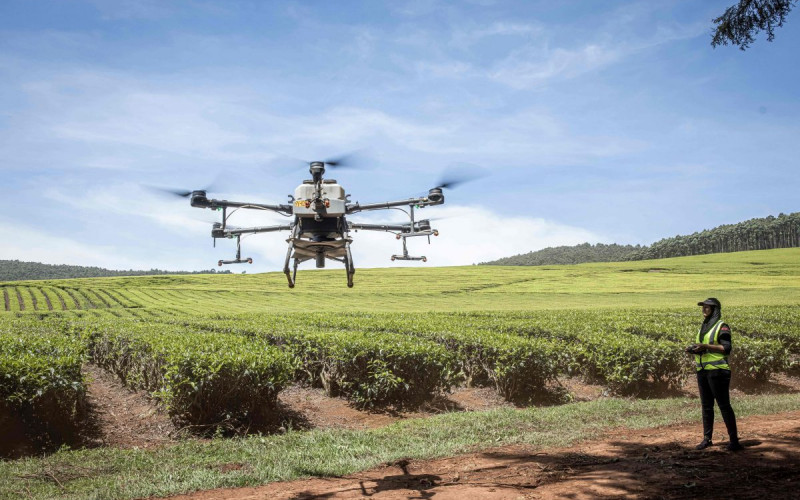In 2007 South Africa became one of only ten countries globally – and the only African country – to have formed a Strategic Partnership (SP) with the EU, of which the fifth Summit is due to take place on 18-19 September 2012 in Brussels.
The SP is the culmination of a long and historically rich relationship that has existed between the two parties since colonial rule, through sanctions and limited engagement during the apartheid years and finally to strong support for democratic South Africa.
On paper the SP strengthens the relationship into one of meaningful partnership in a host of different areas and well beyond the traditional focus areas of trade, aid and investment. In practice, the EU at times still slips into its traditional neo-colonial paternalistic role, especially evident in matters dealing with Africa in general and trade agreements and avenues to regional integration in particular. South Africa, in turn, at times adopts the donor-recipient logic in certain areas calling for additional funding when technical support would be of more value.
Observers, including the President of the EU Council Herman van Rompuy, have criticized the ten EU Strategic Partnerships generally as void of real substance and strategic direction. However, in the case of the SA-EU partnership there is a strong and critical interest by both parties in a number of areas and commitment by both parties to shake their traditional donor-recipient roles. Cooperation has arguably been strongest in the field of science and technology, where both parties see win-wins, and despite controversy regarding the regional Economic Partnership Agreement negotiations, trade has steadily been on the increase between South Africa and the EU.
This is the first year that the bilateral Trade, Development and Cooperation Agreement (TDCA) is being implemented in full, with the preceding years still having been subject to a phased implementation period. South Africa has a strong interest in further developing the trade dialogue with the EU as its economy is seeking growth through external trade.
However, the European economies are unfortunately finding themselves in times of deep crisis, which will make rapid increases in South African exports unlikely, which in turn makes it unclear what additional gains South Africa could seek in the trade agenda. It is far more likely that the trade focus will now shift to South Africa’s new partners in the BRICS alliance, which it will soon be hosting in South Africa.
There is, however, significant mutual interest on the African continent. The EU has long been encouraging South Africa to take a leading role in the integration of Southern Africa and the economic growth and development of the continent. South Africa’s role is vital to the European Union, both regionally and continentally, and the EU sees South Africa as a reliable, strong, and strategically located partner and has, therefore, continued to support South Africa through donor programmes that also aim at the development of the region.
However, EU aspirations don’t necessarily dove-tail South Africa’s own ambitions and agenda for the continent and for many years a certain reluctance to act the big brother in the region has been noted in South Africa’s regional and continental foreign policy engagements. With the appointment of Dr Nkosazana Zuma as chair of the African Union, hopes have been raised in Europe that the AU as an organisation will be strengthened by this appointment and that it finally signals South Africa’s intent to take on a strong continental leadership role.
Already the EU seeks South African opinion first on peace and security issues despite the two parties often disagreeing strongly on actions to be taken, as recent conflicts in Libya and the Ivory Coast illustrated. The EU is currently considering an eleventh Strategic Partnership with Nigeria, which will provide some counter-weight to South African dominance in influencing the EU on all matters African.
Donor support in general to middle-income countries, like South Africa, has been waning in recent years. This is also evident in the EU where a controversial discussion on differentiation of its aid partners has begun. The intention is to concentrate aid on the poorest nations whilst continuing with technical support to the more developed nations.
However, South Africa could now make a strong case to the EU to maintain its current aid contribution, arguing that the country remains a catalyst for peace and security and development in the Southern African region and beyond. A role it can now strengthen and deepen with Dr Zuma in Addis Ababa. The fact that South Africa has spent its EU contributions to the overall budget well will count in its favour. Although the aid debate is unlikely to dominate the agenda in Brussels next week for European participants, South Africa is likely to fight hard to maintain current levels of support.
Peace and security issues have tended to dominate discussions at the four previous summits with Zimbabwe consistently on the agenda. Whereas South Africa and the EU have had divergent views on sanctions and on how to engage the current Zimbabwean government, there now seems to be stronger correlation, with the EU relaxing sanctions and restrictions on development assistance and giving full support to South Africa’s efforts to ensure a stable political outcome. Piracy off the Somali coast will again be on the agenda as well as South African support to the EU’s Iran approach. Climate change and mutual cooperation under the COP17 umbrella is also a key area for discussion.
The issues around the ongoing fall-out from the Marikana mine incident will certainly be on the minds (if not on the formal agenda) of many at the Summit. The ongoing instability in the mining and labour sectors has not gone unnoticed. Combine this with frequent media reports of Mr Julius Malema’s role in support of the striking miners, and now also for discontented soldiers in the military, and South Africa’s image as one of the most stable countries in Africa and preferred business partner on the continent could wane rapidly.
Broaden the lens and one will find that apart from the headline-grabbing areas under discussion, South Africa and the EU have a multitude of additional, strong cooperation areas and as many new areas under discussion. Therefore, despite some skepticism, the overall relationship between South Africa and the EU is strong, robust and comprehensive.
Active areas of cooperation exist in peace and security, science and technology, trade, development cooperation, migration, health, space cooperation, environment and sustainable development, energy, maritime transport and ITC. New areas of cooperation are currently being developed in education and training, justice and crime, employment and social affairs, air transport, customs cooperation and statistics.
These new areas interestingly open areas where South Africa could take a lead, lending true depth to the ‘partnership’ aspect of the relationship and a shift away from the traditional donor-recipient relationship. The more the parties invest in these areas and evaluate why they are doing well, the more one could expect a spill-over effect to all areas of cooperation.
The fifth summit should strengthen the pursuit by both parties to reach a partnership beyond the rhetoric of shared values and intertwined history.

